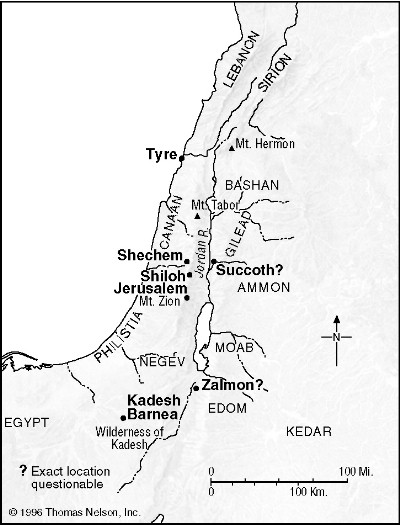Psalm 64-A title, if I were to title these, “Two Archers, One Winner”
This, again, was written during the time of Absalom’s rebellions (2 Samuel 15-18). When reading these verses it is easy to see that words can hurt us greatly. “Sticks and stones my break my bones but words will never hurt me,” is a lie. “Sticks and stones my break my bones but words will surely kill me,” is more accurate. Slander and misuse of words is so severe a sin in the eyes of God, it made the Ten Commandments (Exodus 20.16). James spends most of chapter three of his book discussing the problems of the tongue and its power (James 3.1-12).
There is a plot afoot to dethrone David by the words of his son Absalom (see our study of 2 Samuel 15). What Absalom, and those in later chapters such as Shimei and Ahithophel (see our study of 2 Samuel 16), slandering David, he felt his character was being blasted. Rather than railing against them, David does what we all should do and that is to pray to the only One who can do something about it. God.
- Verses 1-2-David prays for protection from evil speakers.
- Verses 3-6-David describes the evil actions of those who seek to destroy him. Verse five reflects the willful ignorance of people who are sinning for God sees and watches every move (see our study of Psalm 2).
- Verses 7-9-David describes their defeat by the hand of God. Two of the greatest words in Scripture are found in verse seven: “But God . . .” Trace these two words together and find the presence of God intervening in the life of man. If there is enough interest, we can begin a study on these two words.
- Verse 10-David, even before it occurs, expects people to praise God. The wicked try to hide their plots, but the righteous proclaims them before all.
When you pray to God, do you praise Him even before the answer? Even if the answer might be no?









